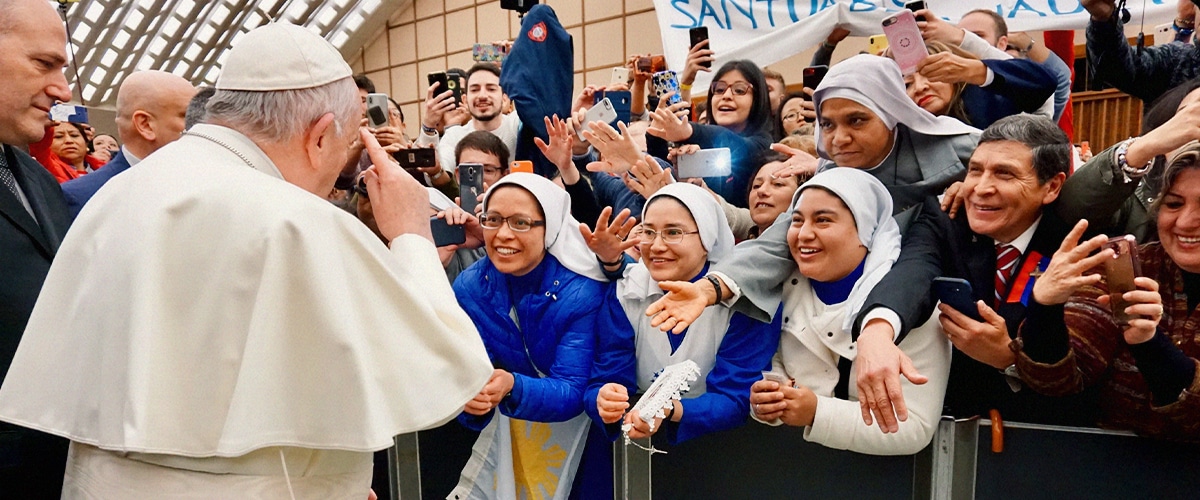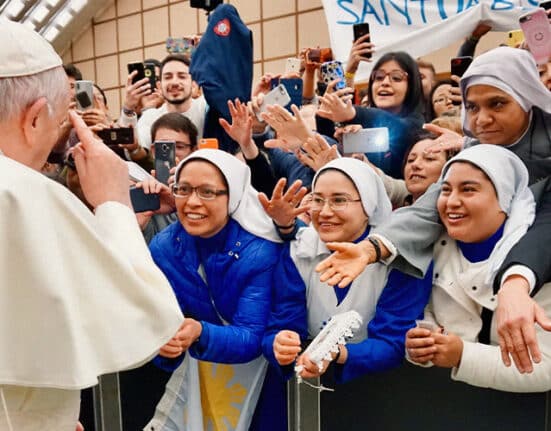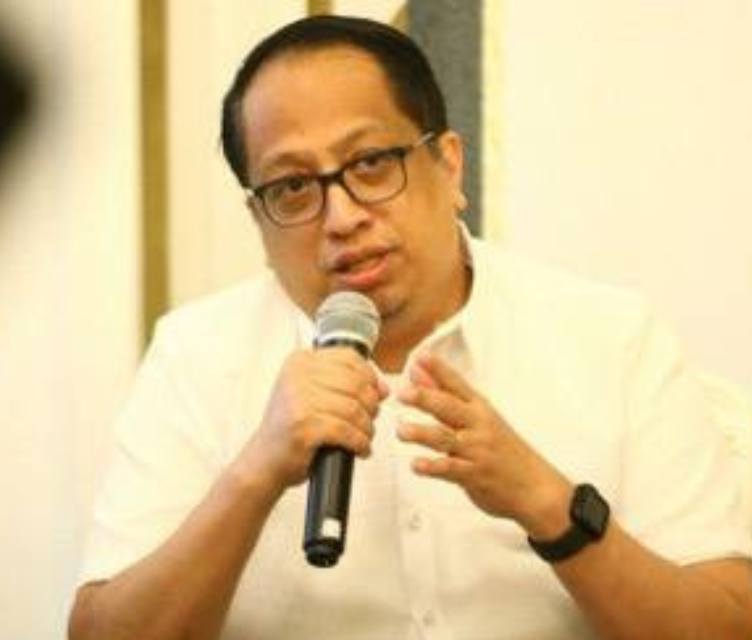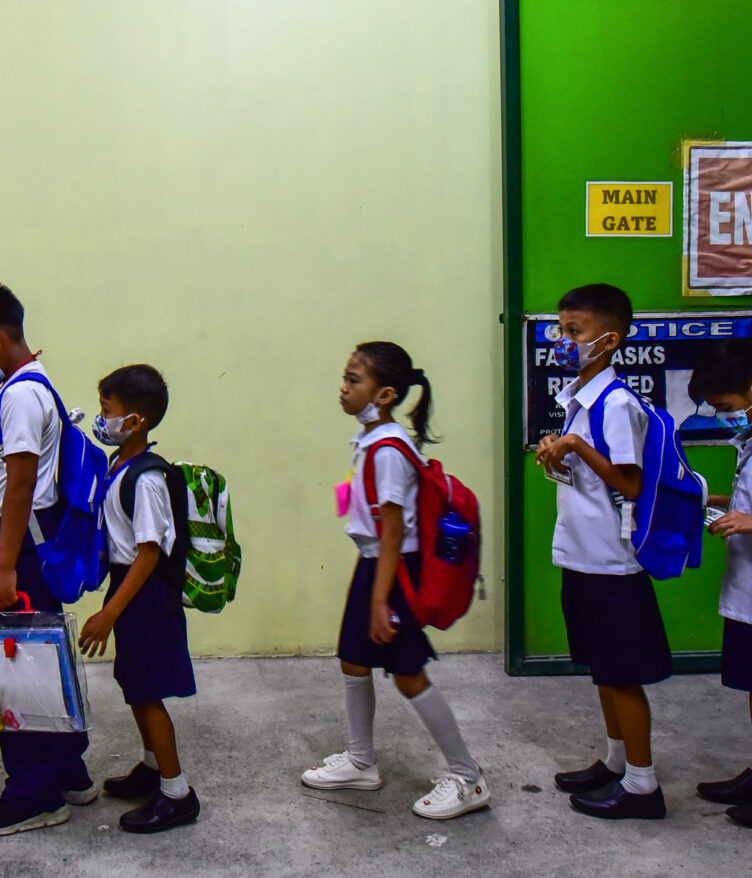FOLLOWING Pope Francis’ passing on April 21, 2025, many devoted Catholics, particularly in the Philippines, have shifted their hopes to Cardinal Luis Antonio Tagle as a possible successor to the papacy.
Social media is once again buzzing with calls for a “Pope from Asia,” and some Filipinos have taken to online posts, hashtags, and even campaigns to boost Tagle’s chances of becoming the successor.
However, these initiatives, no matter how passionate or well-intentioned, are unlikely to have a major effect on the outcome of the next conclave, given that Pope selection is neither a democratic election nor a popularity contest.
It is a very spiritual process governed by centuries of tradition, with over 120 cardinal-electors meeting in the Sistine Chapel this year, away from everyone else, to vote under solemn oaths and holy thought.
The Unexpected Pope
The election of Pope Francis, previously known as Cardinal Jorge Mario Bergoglio, shows why campaigning for Cardinal Tagle, or any candidate, are ineffective.
Sometimes life throws a huge curveball at you without your knowledge. This was Francis’ experience following Pope Benedict XVI’s resignation and election to the pope in 2013.
According to a March 2013 article by USA Today, Bergoglio’s name did not appear among the “papabili,” or front-runners, during the cardinals’ week of closed-door negotiations.
At the time, he was already 76 years old, and most cardinals refused to vote for anyone above 70. Moreover, Bergoglio was also the runner-up to Benedict XVI in the 2005 conclave and is unlikely to run again.
Not The First Choice
Reports and interviews with various cardinal electors provided insight into how the conclave unfolded. Bergoglio’s name received a number of votes on the first ballot on March 12, placing him in the running as a probable candidate.
Nonetheless, the field was wide open, with one camp seeking to reform the Roman Curia, the papal bureaucracy, by appointing someone from outside Europe to represent the church’s migration to the Southern Hemisphere.
While there was another faction in which the electors sought to defend the Curia, they were joined by some who also desired to keep the papacy in Europe or even return it to Italy.
The “reform” camp lacked a clear candidate but had a dozen or more options. They apparently preferred someone from outside Europe, preferably a Latin American, but were unsure who to vote for.
In contrast, the Roman camp appeared to be leaning toward Brazilian Cardinal Odilo Pedro Scherer, who was born to German immigrants and had extensive experience in the Curia.
Cardinal Angelo Scola of Milan, on the other hand, emerged as an apparent front-runner as he was viewed as an Italian capable of reforming the Vatican, a mix that some speculated could win votes from both sides.
Turning Point
Throughout these unpleasant exchanges, Bergoglio kept a low profile, consistent with his reputation for humility and holiness, which several electors found refreshing, according to the article.
Furthermore, Bergoglio had a pastoral commitment to the poor, and he was born in Argentina to Italian immigrants. He is 76 years old, in good health, but not so youthful that he will be able to lecture for a long time.
All of these characteristics constituted an enticing mix, resulting in a landslide victory on the fifth and final ballot on March 13, allowing him to surpass the 77-vote barrier to become the new pope.
Similar Yet Different
So, what is the relationship between Pope Francis and Cardinal Tagle? He shares many characteristics with Bergoglio. Tagle, like the Argentine pope, is a warm public figure who advocates for the poor and serves as a cultural bridge.
He has also held crucial positions within the Vatican, including Prefect of the Congregation for the Evangelization of Peoples, where he gained exposure and experience in worldwide Church matters.
Furthermore, his Asian roots and youthful personality have helped him gain popularity among Catholics all over the world. However, his popularity among the faithful, particularly in the Philippines, is not the deciding factor.
In reality, public campaigns or attempts to influence the conclave may backfire. The cardinal-electors are suspicious of any perceived politics or outside coercion. Tagle himself is unlikely to support such activities.
Furthermore, the Church in 2025 may look different than it did in 2013. Tagle may be a powerful “contender,” but his fate lies behind closed doors of the conclave, not open enthusiasm on social media.
Let The Holy Spirit Decide
The election of Bergoglio to the papacy in 2013 reminds us that the Holy Spirit frequently operates in unexpected ways. He wasn’t the favorite or the most powerful cardinal in Rome, but he was the appropriate man for the job.
His election was formed by quiet insight rather than noisy campaigning. It is reasonable for Catholics to feel hopeful, excited, or concerned about the Church’s future in the aftermath of Pope Francis’ death.
However, the process of choosing the next Pope is not about personalities or pressure, but about prayer, listening, and discernment.
Cardinal Tagle, like Pope Francis before him, may still be called. However, the decision will be guided by his peers’ judgment rather than popular opinion.
How useful was this post?
Click on a star to rate it!
Average rating 0 / 5. Vote count: 0
No votes so far! Be the first to rate this post.
We are sorry that this post was not useful for you!
Let us improve this post!
Tell us how we can improve this post?







